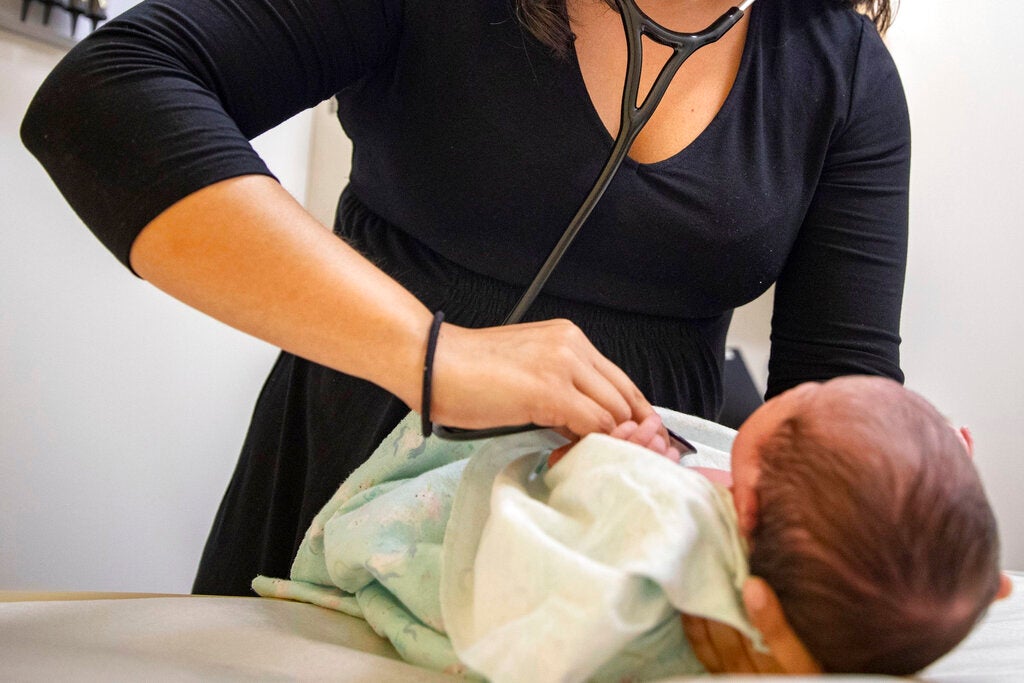 a doctor examining a baby, pediatrics" width="1024" height="683" />
a doctor examining a baby, pediatrics" width="1024" height="683" /> a doctor examining a baby, pediatrics" width="1024" height="683" />
a doctor examining a baby, pediatrics" width="1024" height="683" />
The Department of Obstetrics and Gynecology will receive $750,000 in grant funding over the next three years to create the nation’s first rural residency track program focusing on rural women’s health.
“This is really going to help us expand the workforce in places where we really need it,” said Andrea Palm, deputy secretary of the U.S. Department of Health and Human Services.
Sign up for WPR’s email newsletter.
" * " indicates required fields
Palm, the former secretary-designee for Wisconsin’s Department of Health Services, told WPR’s “Wisconsin Today” that these efforts will help expand the workforce in rural areas.
She said this funding comes at a time when the Biden administration is negotiating the cost of 10 drugs that are highly utilized by seniors, including Eliquis, Fiasp and Stelara.
The following has been edited for clarity and brevity.
Kate Archer Kent: In July, the Federal Trade Commission released a report that found pharmacy benefit managers inflating drug costs and “squeezing Main Street Pharmacies.” How is your agency working to address the rising cost of medicine?
Andrea Palm: The $35 insulin cap is already in place for Medicare enrollees. That’s saving Wisconsinites about $628 a year.
I also want to highlight out-of-pocket caps on prescription drugs through the Medicare program. It’s about $3,500 this year. Starting next January, it’ll go down to $2,000 a year. That’s already saved 234,000 Wisconsinites about $66 million. We’re really proud of the Biden-Harris administration for the progress we’re making in this space.
Anything we can do to tangibly reduce those costs so that they have that money in their pockets for other necessities, other expenses of life is a really important thing.
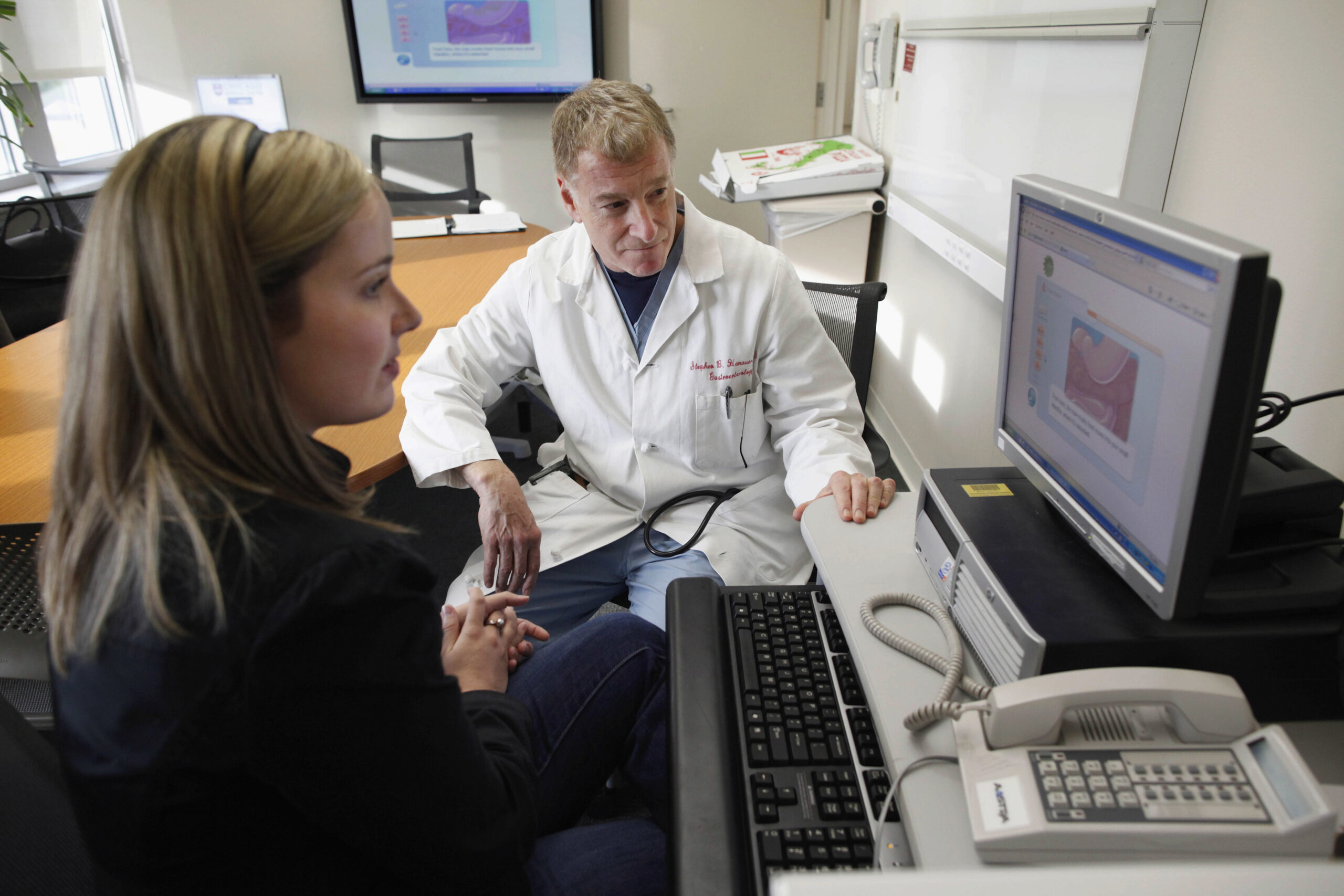 care could address workforce challenge" width="2560" height="1707" />
care could address workforce challenge" width="2560" height="1707" />
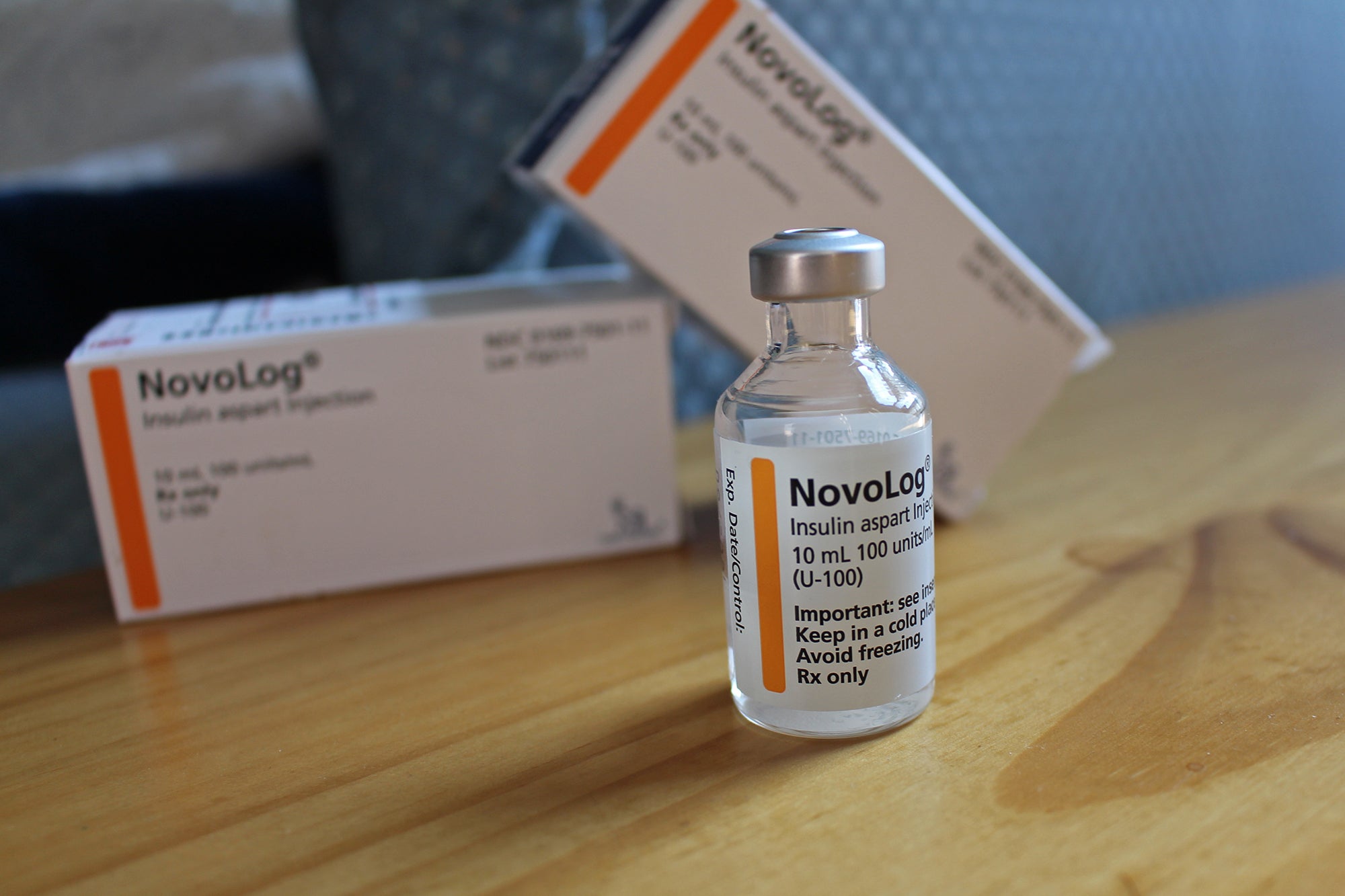
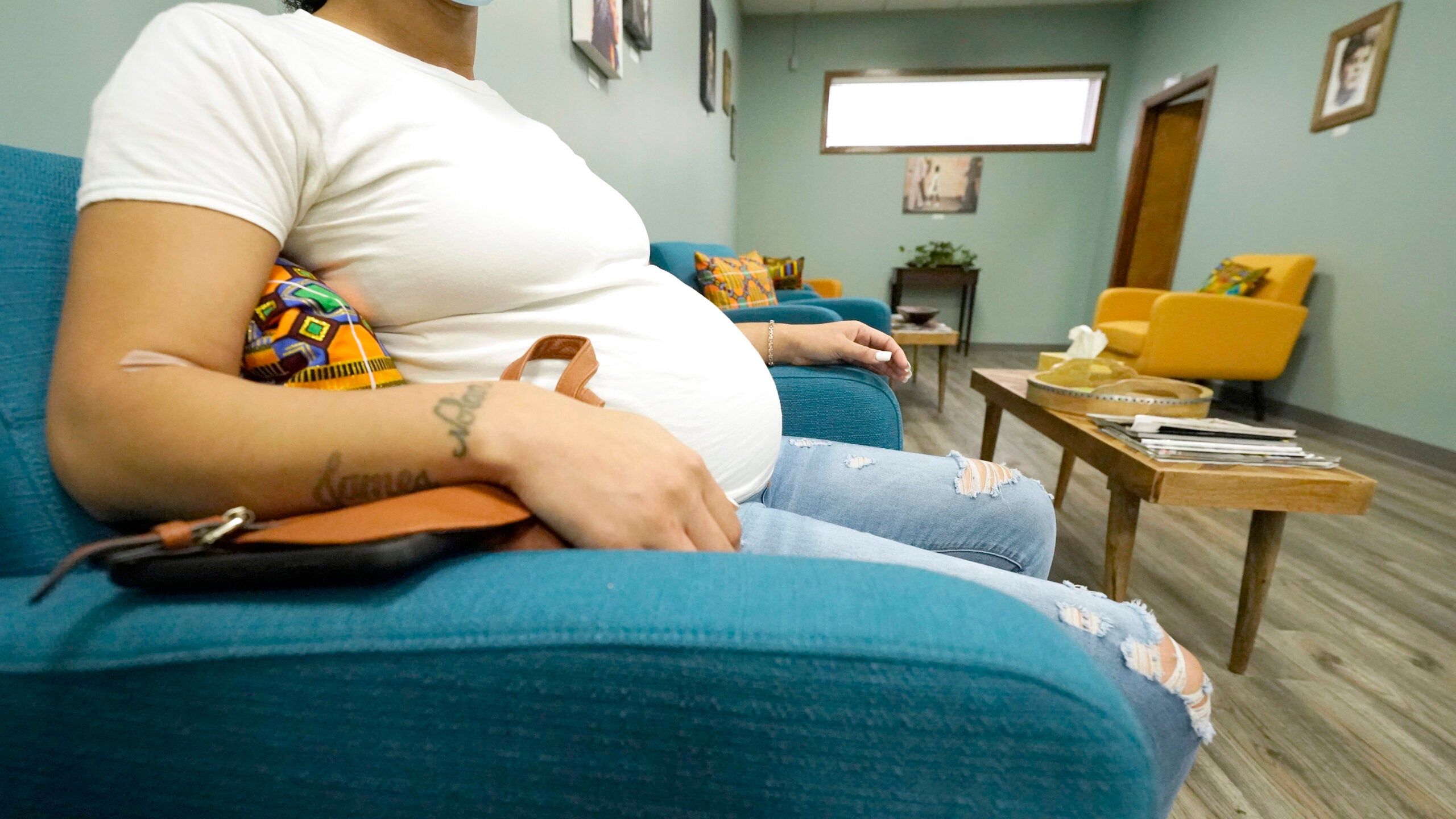
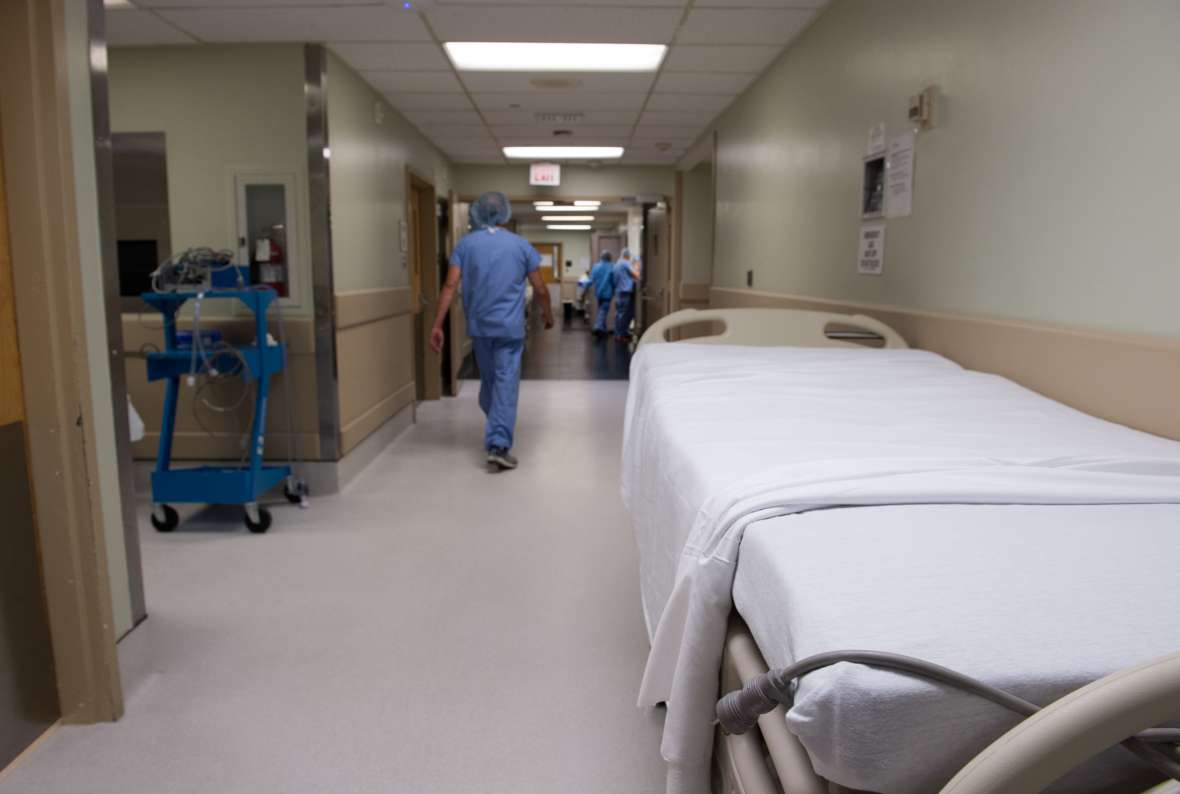

© 2024 by Wisconsin Public Radio, a service of the Wisconsin Educational Communications Board and the University of Wisconsin-Madison